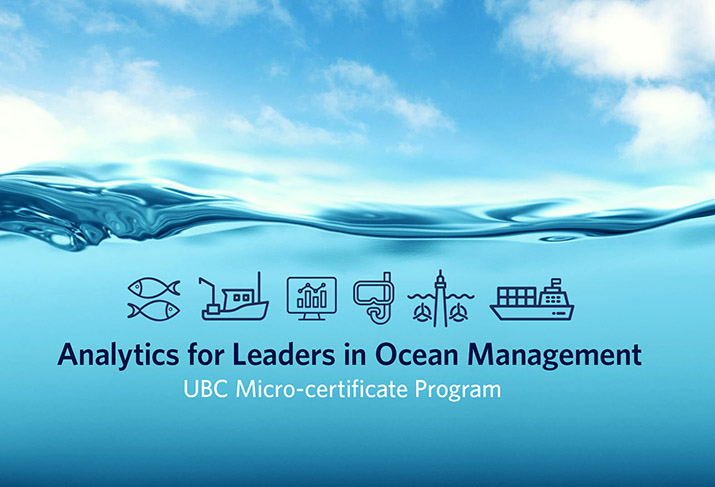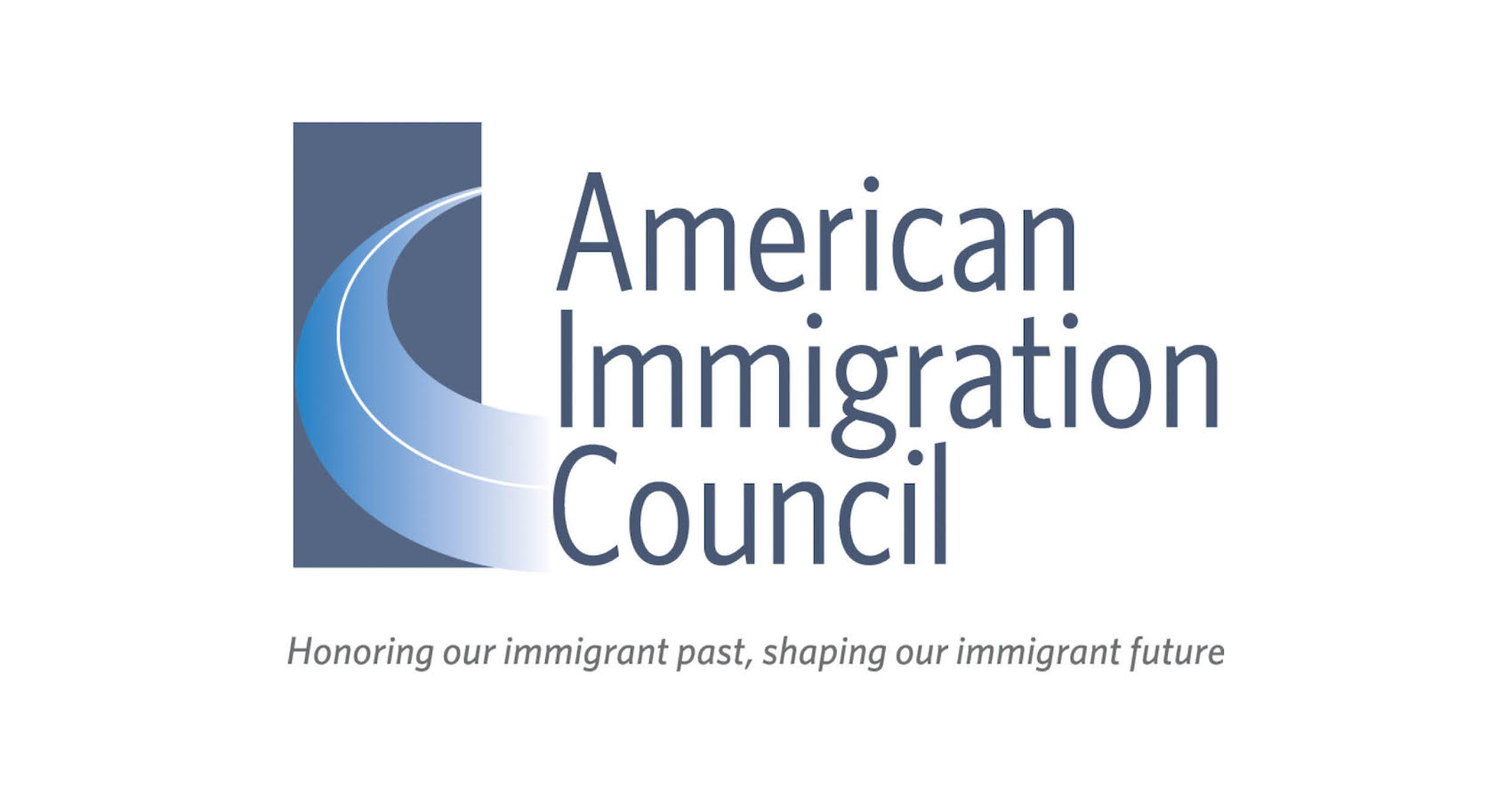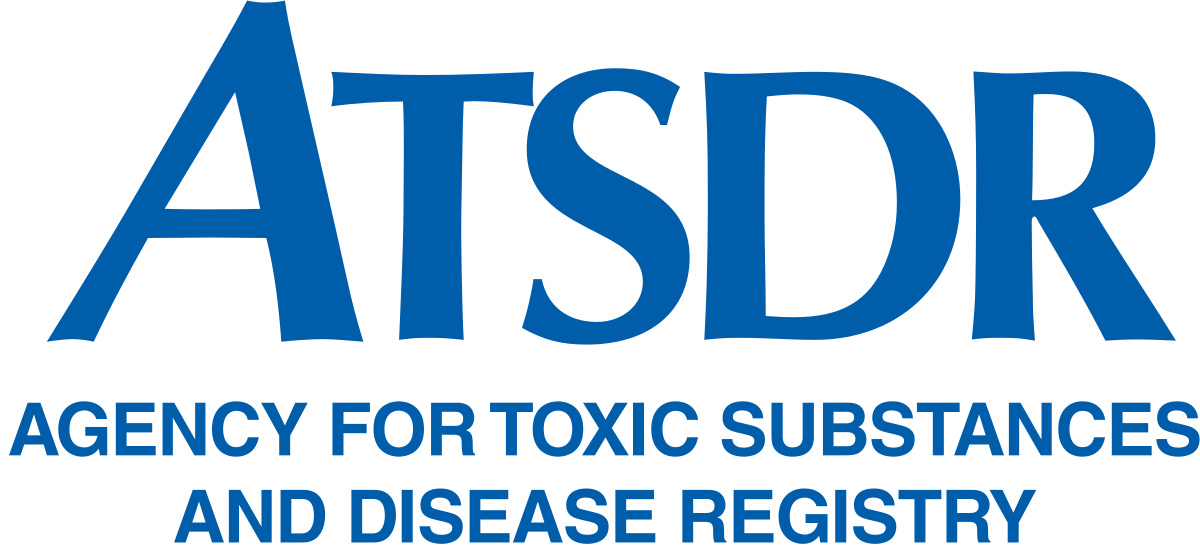Company Directory - UBC Institute of Oceans and Fisheries
Company Details - UBC Institute of Oceans and Fisheries
UBC Institute of Oceans and Fisheries
WebsiteVancouver, Canada
The UBC Institute of Oceans and Fisheries is a research institute at the University of British Columbia, dedicated to advancing the understanding of ocean ecosystems and fisheries science. It conducts research aimed at promoting sustainable fisheries and understanding marine biodiversity, providing valuable insights that inform policy and management practices in marine environments.
CCI Score
CCI Score: UBC Institute of Oceans and Fisheries
41.54
-0.18%
Latest Event
Research Presentation on Forced Labor in Fishing Industry
Dr. Rocío Joo, a senior data scientist at Global Fishing Watch, presented a research talk on using vessel movement analysis and network analysis to identify cases of forced labor and human rights abuses in the fishing sector, addressing labor exploitation through advanced machine learning methods and discussing future work related to port analysis and DEI components.
Take Action
So what can you do? Support UBC Oceans by shopping, spreading the word, or offering your support.
- Shop Alternatives
SEE ALL - Use Your Voice
OTHER TOOLS - Investigate
- Share the Score
SUPPORT CCI
DISSENTER
UBC Institute of Oceans and Fisheries is currently rated as a Dissenter.
Latest Events
 NOV012024
NOV012024Dr. Rocío Joo, a senior data scientist at Global Fishing Watch, presented a research talk on using vessel movement analysis and network analysis to identify cases of forced labor and human rights abuses in the fishing sector, addressing labor exploitation through advanced machine learning methods and discussing future work related to port analysis and DEI components.
+80
Labor Relations and Human Rights Practices
April 3
The presentation directly addresses forced labor and associated abusive labor practices in the fishing industry. By shedding light on deceptive recruitment, debt bondage, and other human rights abuses, this research initiative supports enhanced labor rights and ethical practices, which aligns with anti-authoritarian and anti-exploitative values.
 APR052022
APR052022UBC Institute of Oceans and Fisheries contributed to a research study published on 2022-04-05 that used machine learning and expert surveys to identify regions and ports at risk for labor abuse and illegal fishing. The study offers actionable recommendations for strengthening port enforcement and supply chain transparency, aiming to protect vulnerable workers and promote ethical sourcing in the seafood industry.
+80
Labor Relations and Human Rights Practices
April 3
The institute’s role in co-authoring a study that highlights significant risks of labor abuse underscores its commitment to exposing exploitative practices in the fishing industry. By providing data-driven insights that can lead to improved regulation and enforcement, the study supports worker protection and aligns with anti-fascist, pro-worker values.
New study reveals extent of labor abuse and illegal fishing risks among fishing fleets
+60
Supply Chain Ethics
April 3
The study also emphasizes the need for greater supply chain transparency by identifying high-risk ports and vessel characteristics, which can drive companies to adopt ethical sourcing practices. This insight helps mitigate the exploitation of vulnerable labor and promotes accountability within seafood supply chains.
New study reveals extent of labor abuse and illegal fishing risks among fishing fleets
 APR052022
APR052022A study co-authored by UBC Institute of Oceans and Fisheries, published on 2022-04-05, used machine learning and expert insights to identify high-risk regions and ports for labor abuse and illegal fishing. The findings underscore the need for coordinated policy interventions and improved supply chain transparency to protect workers' rights and combat exploitative practices.
+30
Technology and Services Impact
April 3
The study leverages innovative machine learning techniques and satellite data, demonstrating the beneficial use of technology in identifying high-risk areas for illegal practices and thereby enhancing efforts against exploitation in the marine sector.
New study reveals extent of labor abuse and illegal fishing risks among fishing fleets
+30
Public and Political Behavior
April 3
The study provides actionable insights to inform policymakers and strengthen regulatory oversight on labor abuses and illegal fishing practices. This proactive step supports progressive public policy and enhances the institute's role in promoting transparency and accountability in resource management.
New study reveals extent of labor abuse and illegal fishing risks among fishing fleets
+50
Labor Relations and Human Rights Practices
April 3
By exposing systemic labor abuses linked to fishing operations and emphasizing the prevalence of forced labor and unsafe conditions, the study supports labor rights and helps drive reforms to protect vulnerable workers.
New study reveals extent of labor abuse and illegal fishing risks among fishing fleets
 OCT212020
OCT212020UBC Institute of Oceans and Fisheries released research emphasizing the need for international cooperation in managing transboundary fish stocks. The study highlights challenges such as underestimation of catch, overexploitation, and shifting distribution patterns due to climate change, urging collaborative frameworks across nations to sustainably manage critical fisheries.
+50
Public and Political Behavior
April 3
The institute’s research advances international policy cooperation by providing valuable data that informs equitable and evidence-based fisheries management. This supports anti-authoritarian and progressive approaches, countering narrow nationalism in resource exploitation.
Management of exploited transboundary fish stocks requires international cooperation
+30
Economic and Structural Influence
April 3
By providing critical insights into the dynamics of transboundary fisheries, the research reinforces the need for sustainable economic policies and fair management practices across borders. These findings promote policies countering exploitative practices that often align with authoritarian, nationalistic approaches.
Management of exploited transboundary fish stocks requires international cooperation
 NOV072018
NOV072018Research conducted by the Sea Around Us initiative at UBC’s Institute for the Oceans and Fisheries, in collaboration with the University of Western Australia, reveals that modern slavery and labor abuses serve as hidden subsidies, enabling distant-water fishing fleets to overfish and operate unsustainably. The study highlights the urgent need for stronger national laws to audit both environmental and social sustainability in seafood supply chains.
+50
Public and Political Behavior
April 3
The institute's research has a significant public and political impact by exposing labor abuses and modern slavery in global fisheries. By highlighting the connection between government subsidies, exploitative labor practices, and unsustainable overfishing, the study promotes awareness and spurs debate on necessary policy reforms, aligning with anti-authoritarian and progressive values.
+60
Labor Relations and Human Rights Practices
April 3
By exposing the systemic labor abuses and modern slavery that underpin the profitability of overfished and subsidized fleets, the research advocates for greater accountability and improved labor conditions in the global seafood supply chain. This transparency and call for policy reform solidify the institute's role in advancing human rights within labor practices.
Alternatives

Italy
11.54

Kenya
0.00

Corporation
63.51
Corporation
30.53

Canada
26.20

Edgewater, United States
60.38

Arlington, United States
56.95

Washington, D.C., United States
0.00
Bethesda, United States
-6.11

United States
-20.74
Industries
- 541620
- Environmental Consulting Services
- 923120
- Administration of Public Health Programs
- 541712
- Research and Development in the Physical, Engineering, and Life Sciences (Biotechnology)